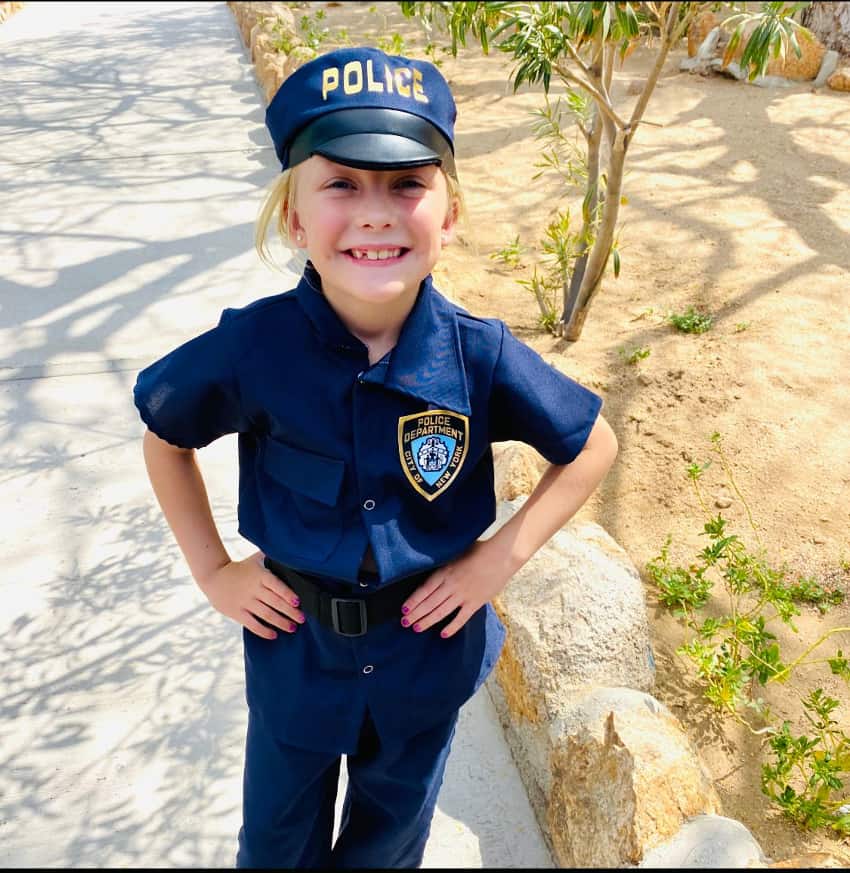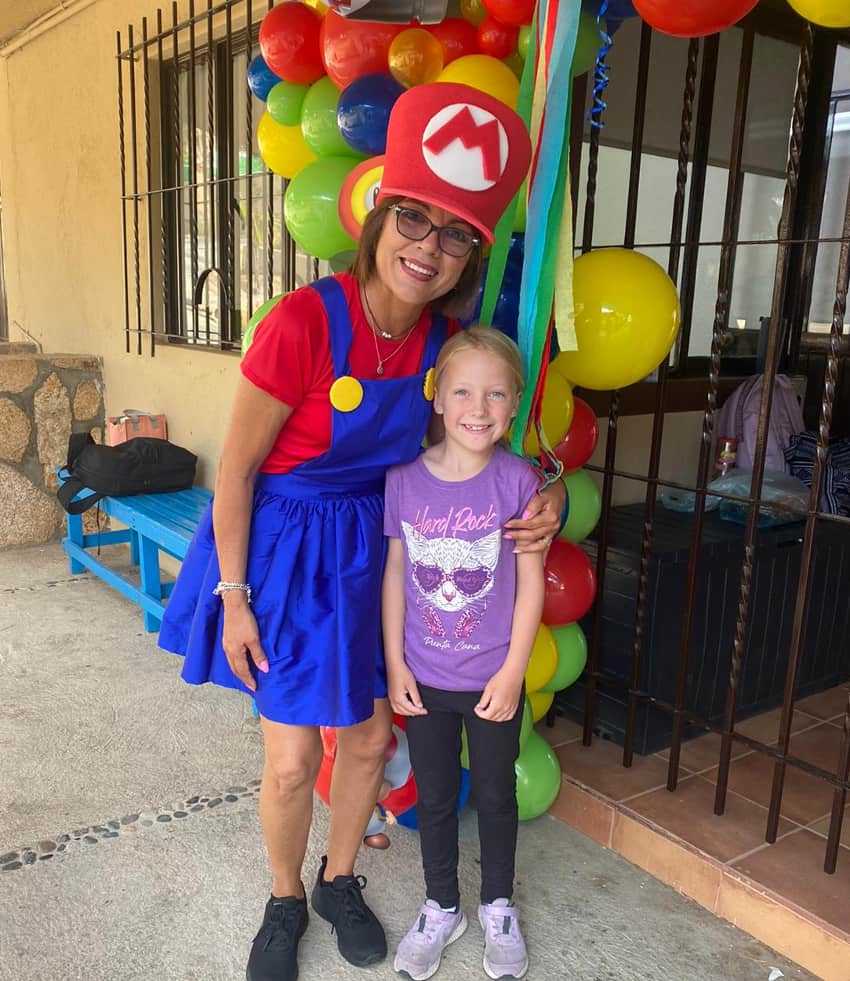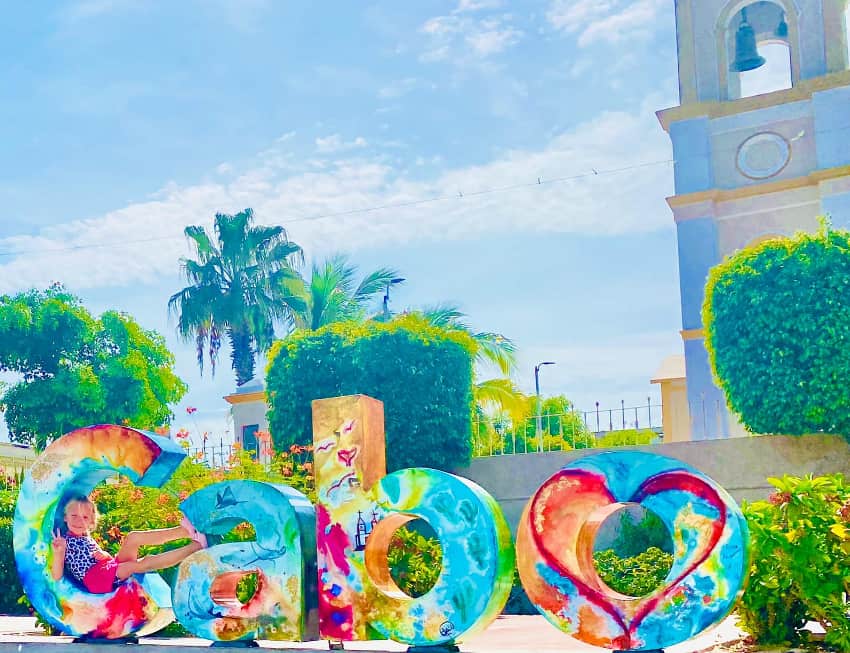From Canada to Cabo part 6: educating our daughter in Mexico

Moving to another country and exploring new cultures can be an adventure, but it can also be stressful, especially when you have kids. When we moved to Mexico, we were worried about how our daughter Isabella would adapt to life here,without speaking Spanish, and leaving her friends behind in Canada.
Izzy started daycare when she was almost three years old, not because we wanted her to, but because she wanted to be around other kids. She went to a private school for preschool and pre-kindergarten that we absolutely loved, but they didn’t offer a language program. So we moved her to a public school with a French immersion program.Two months into that program, in the middle of the pandemic, we decided to pull her from school as we were not happy with the school policies or curriculum.
Izzy’s curriculum was not just focused on learning basic reading, writing and math. We felt our neighborhood schools were raising children to be followers of political agendas instead of teaching critical thinking, problem solving and leadership skills.
The Covid-19 mitigation policies for kids at that young age were confusing, which added anxiety, frustration and division in her classroom, although I know policy makers and teachers alike were doing their best at the time.
My child is at a very impressionable age and the next few years of her life are formative ones that will determine her morals, values, and decision-making skills, laying the foundation for the rest of her life. Knowing that life is hard either way, we wanted her to have a choice in her future and be excited about working towards it. We decided to do things differently and as a result, we also faced adversity.
When we first arrived in Mexico we took a few months to decompress. Izzy was only in kindergarten after all, and we spent a lot of time reading with her and working on homeschooling workbooks.

I considered homeschooling her, and even hired an online coach to help me, but there were two issues with that. I have a strong-willed child, she wants to learn when she wants to learn – this was very difficult because I run two online businesses and needed to keep a schedule – and she is a very social kid, so she needed to be around other children.
We tried for a couple of months, and inevitably I started seeking other solutions. She told me she missed her friends in Canada and we needed to prioritize building a support circle for her. At the time we found a private teaching pod – which it appears is quite common down here for immigrants. There is a small classroom – usually run out of someone’s garage (turned into a classroom) – with five to 15 kids of the same age, who have private teachers come in and teach all subjects in English and Spanish.
Izzy loved that group and even had swimming lessons, art, and kickboxing as extra-curricular activities there. However, she also was interested in music and sports so we decided to put her in a private school. We found a school that is bilingual and an accredited academic institution that offers an IB (International Baccalaureate) program.
These accreditations are accepted into top universities globally. Not only that, but after less than six months, her Spanish comprehension has been developing rapidly. We were most impressed with the small class sizes, with an average of 18 kids, so she receives a lot of one-on-one attention.

What I also love about her school is the diversity. There are children from all over the world there, as well as many local kids who earn scholarships to attend. Some of her best friends don’t speak any English. We noticed that from the moment we got here – differences in language or background didn’t matter, they all just played and laughed together. Our kids don’t need diversity training, they need to be allowed to be kids. Our compassion and love for others as parents set the example.
The cost of her private tuition per year is approximately US $5000, which is a fraction of the price of a private education in Canada. This has allowed us to spend more on extracurricular activities like gymnastics, hip hop and horseback riding. All different types of dances, martial arts, sports and music are also available here.
I know this experience of immersion will have a measurable impact on Isabella’s life and give her more opportunities in her later years. This is only one of the three international schools in the area. Alternately, you can also have access to public schools, with residency, if your children are fluent in Spanish. There is also a small homeschooling community in Cabo, and they are growing each year.
It has been heartwarming and comforting to watch her grow and become more confident speaking Spanish, and patiently help other kids with English when asked. The anxiety she had before is no longer present and she looks forward to going to school and often asks for play dates on the weekends. She has developed her own group of friends, and she continues to play with any of the kids she randomly meets on the beach.
As parents, we value this definition of inclusivity, and this whole experience of broadening horizons for our daughter.
Christina Whiteley, founder of Life Transformed, is a bestselling author, speaker and business strategist who leads the 6 Figure Profit Plan Mastermind and hosts corporate retreats where she resides in Cabo San Lucas. She and her husband Ryan, who is a realtor, live for road trips and weekend adventures with their daughter and their dog, Larry. You can also join her private Facebook group here.
Source: Mexico News Daily

